Shanghai's recently announced policies to optimize the financial services rendered to technologically advanced companies will promote new quality productive forces and drive high-quality economic development, said experts.
Their comments emerged after a review of the new guideline released by the Shanghai municipal government on Wednesday that called for nurturing more high-quality listed technology companies by giving more play to the capital market.
According to the guideline comprising 24 detailed measures, the STAR Market at the Shanghai Stock Exchange should adapt to the development trajectory of new quality productive forces, and support IPOs of certain technology companies that are yet to turn profitable but boast key technologies, huge growth potential and innovation capabilities.
Stock market analyst Wang Jiyue said the green light given to such companies does not apply to every candidate. Companies making bottleneck breakthroughs, showing significant efficiency improvement, achieving groundbreaking research and development results, and promising firm profitability outlook will likely find support if they seek to list despite a record of no profits, he said.
Launched in 2019, the STAR Market is home to 573 listed companies that raised 910.8 billion yuan ($125.9 billion) from their floats. These companies, mainly specializing in "hard technologies" like integrated circuits, biomedicine and aviation, devoted a combined 156 billion yuan to R&D in 2023, up 14.3 percent year-on-year, according to the SSE.
Sun Lijun, co-head of global banking for UBS Securities, said the capital market's enhanced inclusiveness and valuations based on long-term considerations can encourage technology startups to pursue technological breakthroughs and expand their footprint in the global market.
The new guideline stated that the STAR Market should be moderately inclusive on the valuations of listed companies' mergers and acquisitions. Industry leaders are encouraged to pursue M&A deals or pick up controlling stakes in companies along the industry chain to consolidate their core operations. Financial institutions are encouraged to provide loans, insurance or bonds for M&A activities.
Given the current pace of global economic recovery and technological innovation, companies can quickly acquire new technologies, expand market share and grow resources via M&A activities, accelerating their own transformation and upgrade, said Tian Lihui, director of the Institute of Finance and Development at Nankai University.
Efforts should be made to complete the multilevel structure of the capital market so that financial services can be provided to technology companies throughout their entire life cycle, said the guideline. In this sense, Shanghai should build a platform of professional services to provide angel investment as well as investment and financing to companies in their seed or startup stage.
Meanwhile, the special board at the regional equity market targeting the technologically advanced small and medium-sized enterprises should be consolidated in Shanghai. Efforts should be made to deepen the pilot project for the transfer of private equity and venture capital shares and the pilot project for comprehensive stock option services, according to the guideline.
The multilevel stock market is of special importance for the expansion of SMEs to provide more financing channels, said Chen Li, chief economist of Chuancai Securities.
An ecosystem featuring long-term investment should be nurtured in Shanghai, according to the guideline. Therefore, long-term capital, represented by the national social security fund, insurance capital and banks' wealth management capital, is encouraged to invest in the key technology sectors in Shanghai.












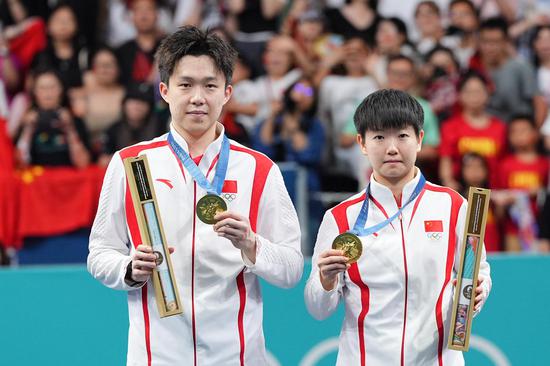





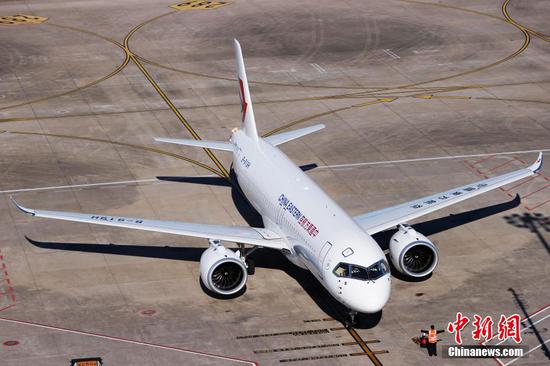


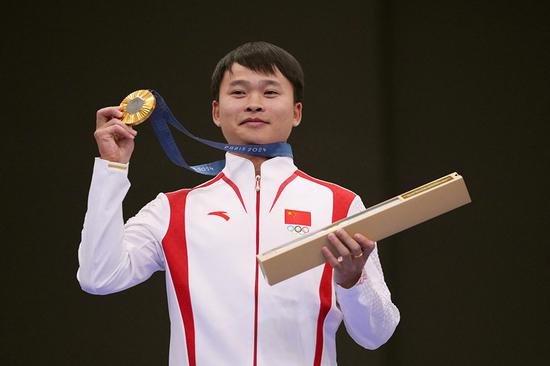

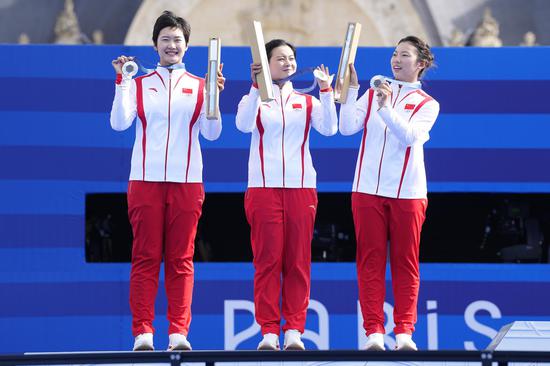





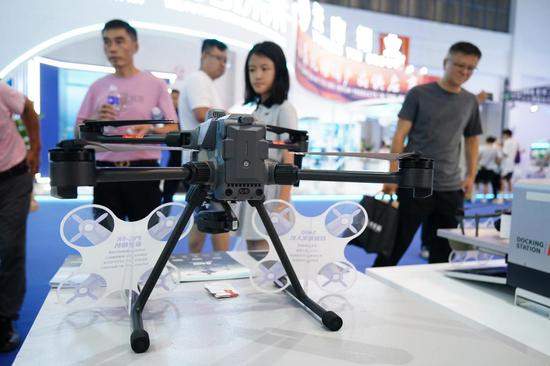





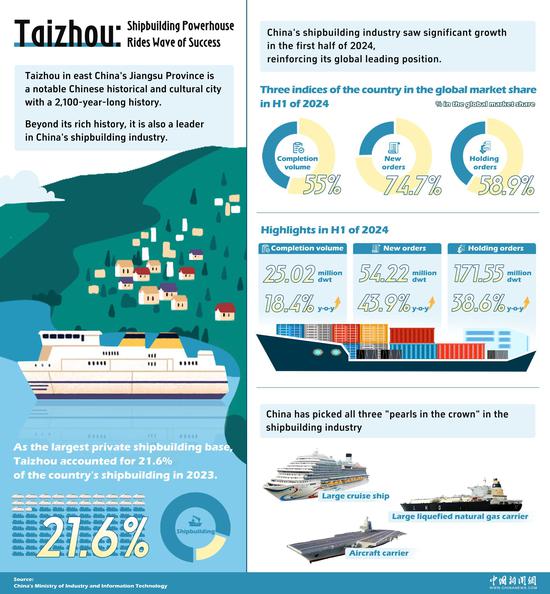
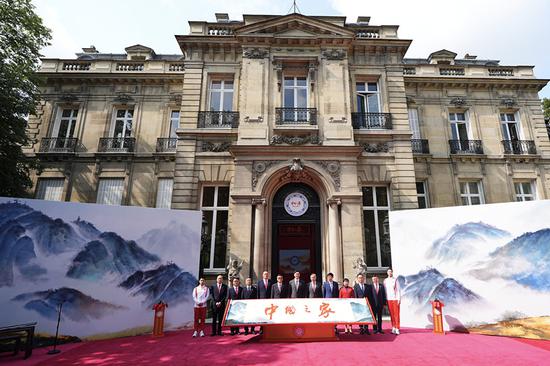








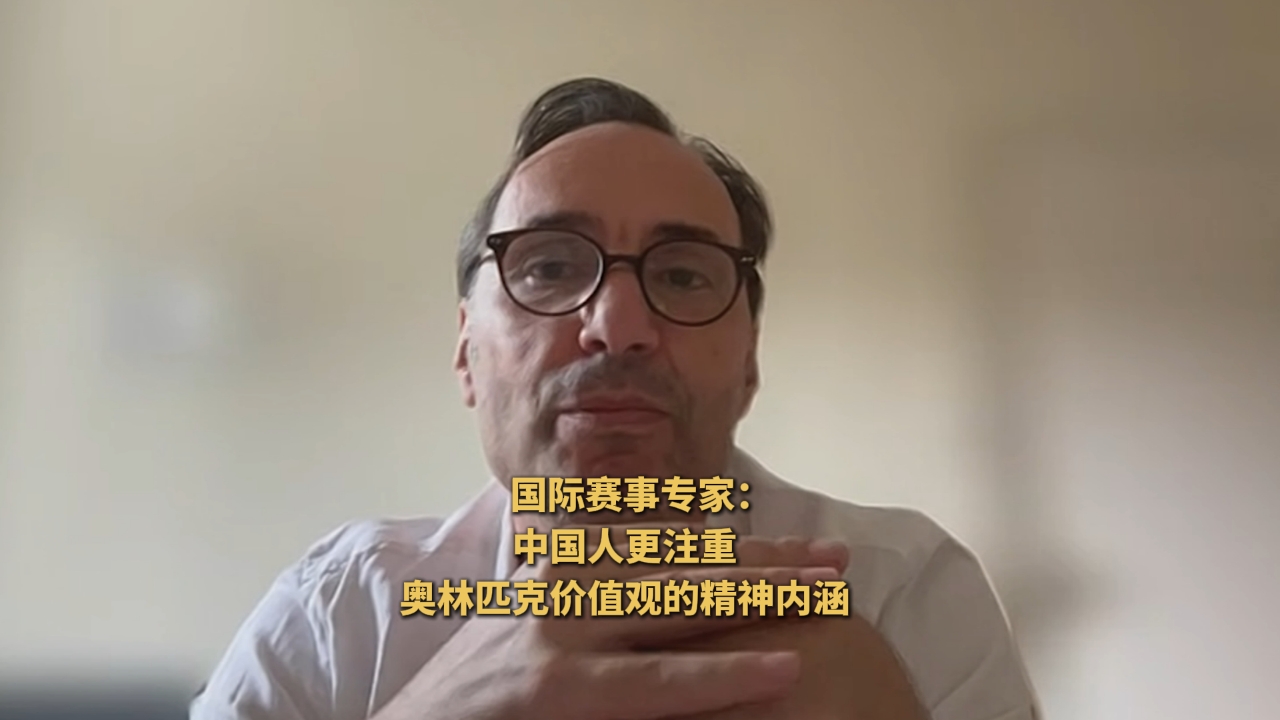

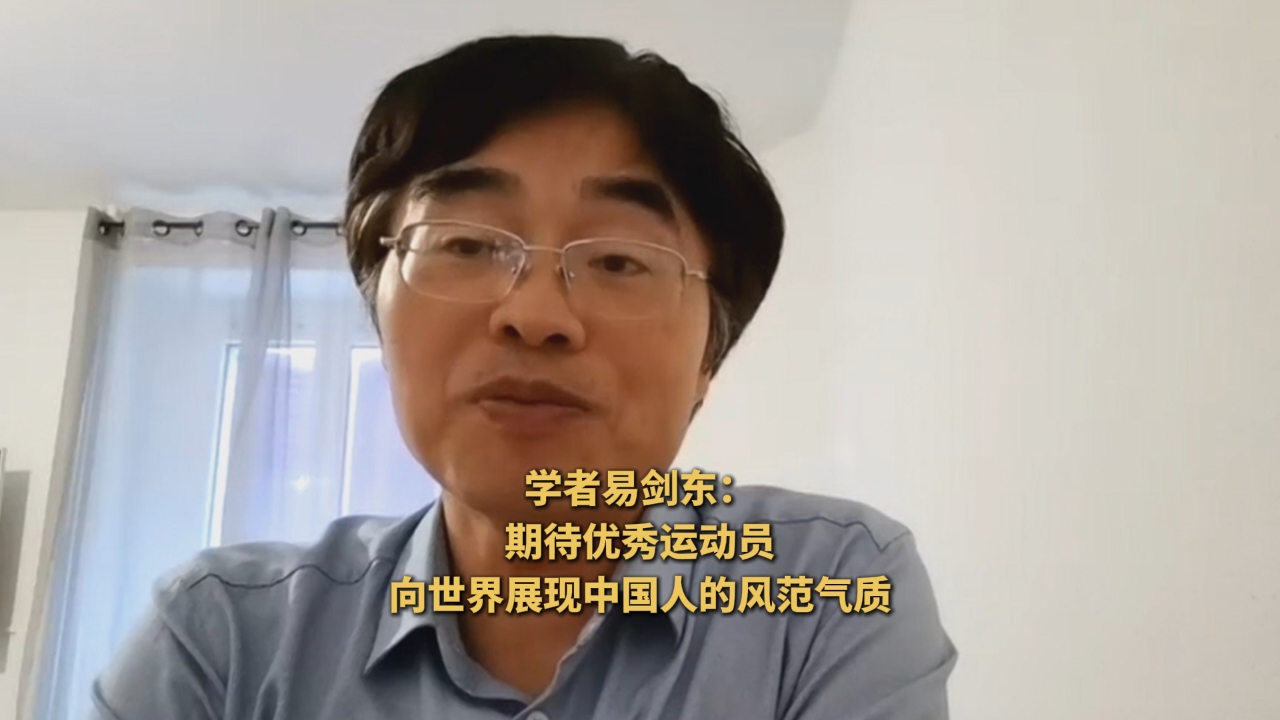

 京公网安备 11010202009201号
京公网安备 11010202009201号